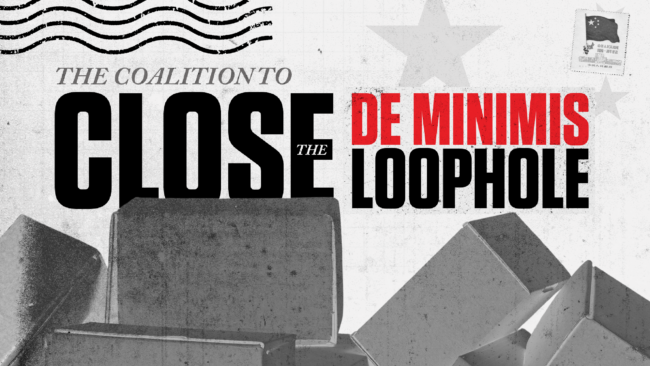CPA Member Atlas Tool Works Awarded Northrop Grumman’s Supplier Excellence Award
“Atlas Tool Works has helped to advance national security solutions and achieve mission success,” said Matt Bromberg, Corporate Vice President, Global Operations Northrop Grumman.












